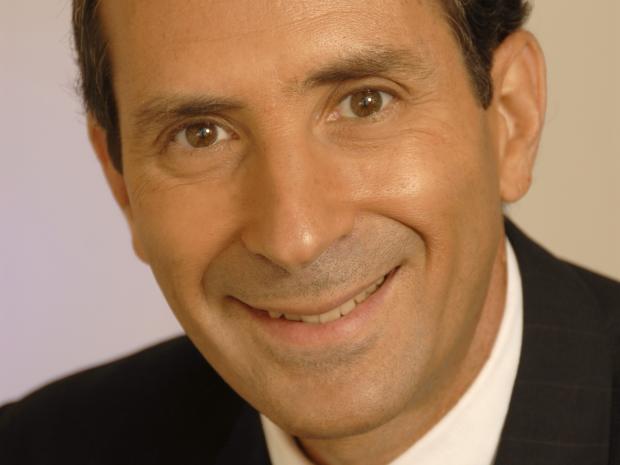Corporate Crime: Why the Epidemic Continues and How To Cure It: A Talk by Neil Weinberg, Forbes

Corporate Crime: Why the Epidemic Continues and How To Cure It
A Talk by Neil Weinberg, Executive Editor, Forbes
Presented by the The Morton L. Topfer Chair Lecture Series and the Department of Finance and Risk Engineering
Abstract
Corruption is not the exception but a part of every workplace. Annual losses from white-collar crime are estimated to cost around $700 billion a year, or about the same cost as the entire Iraq war. There is always an undercurrent of bad behavior in business, but the colossal frauds (Enron, WorldCom, Madoff, etc.) are very much a part of the boom-and-bust cycles of the economy and markets, and of human psychology. When times are good, we become uncritical and fraud flourishes. Then, as Warren Buffett so elegantly put it, when the tide goes out we see who's been swimming naked.
Corporate frauds usually begin with an ordinary employee trying to meet some benign objective, like achieving quarterly targets or investors' expectations. They fudge with the intention of making things right later. But things get worse. So they fudge again. Soon it's too late to un-fudge. They're in too deep. Their only choice is to go ahead with the fraud.
The Fraud Triangle explains why ordinary people commit extraordinary crimes. Through a combination of Rationalization (it's just this one time; everyone fudges), Opportunity (nobody's looking) and Incentive (greed, ego satisfaction), corporate crime happens every day. By understanding the mechanism and recognizing the trap early, tomorrow’s business leaders may have the perspective to one day walk away instead of making the mistake of a lifetime.
About the Speaker
Neil Weinberg is an Executive Editor at Forbes in New York. He is in charge of personal finance coverage for Forbes magazine and Forbes.com. His editorial duties also include overseeing investigative reporting for the magazine and managing a staff of financial reporters.
Prior to his appointment as finance editor in May 2008, Weinberg worked as an investigative reporter for Forbes magazine. His stories focused on controversial practices in business and politics. Over the past few years he has profiled corporate, mutual fund and pension scandals, excesses in executive pay, private equity and hedge funds, and the dark side of whistle-blowing.
A 17-year Forbes veteran, Weinberg served as the magazine’s Tokyo bureau chief from 1995 to 1998 and has reported extensively abroad. He received the Overseas Press Club’s 2006 annual award for the best business story in a magazine and oversaw a story that was awarded the Society of Business Editors and Writers Enterprise Award in March, 2010.
With Walter Pavlo, Jr., Weinberg co-authored Stolen Without A Gun: Confessions from inside history’s biggest accounting fraud—the collapse of MCI WorldCom (Etika Books, 2007). Weinberg is a frequent commentator on CNBC, Fox News and other networks, as well as a regular cast member on the Fox News program Forbes on Fox. He holds an MBA from the American Graduate School of International Management and a Bachelor’s Degree in English Literature from the College of William and Mary in Virginia.

